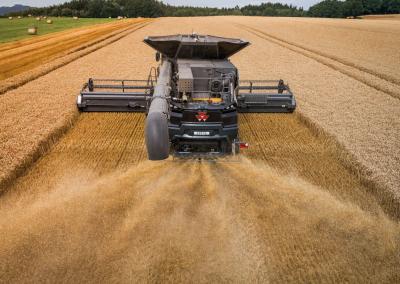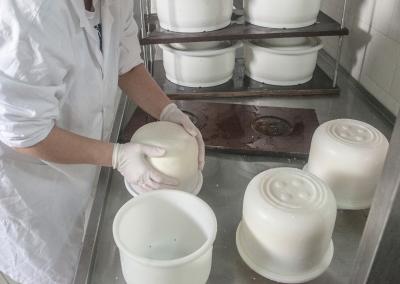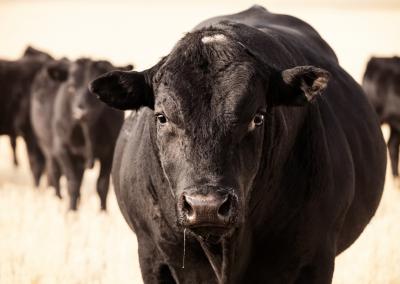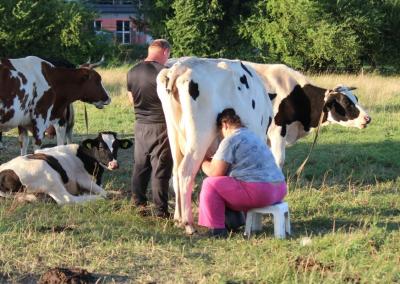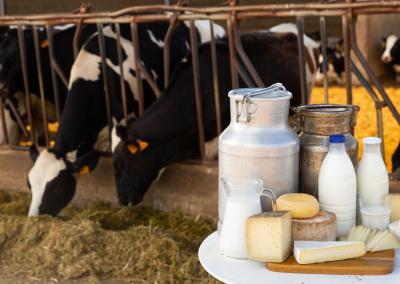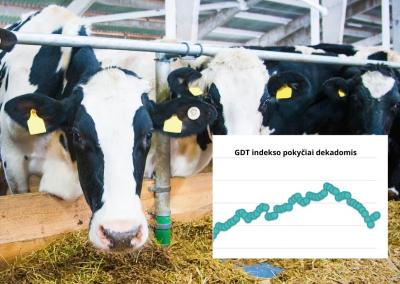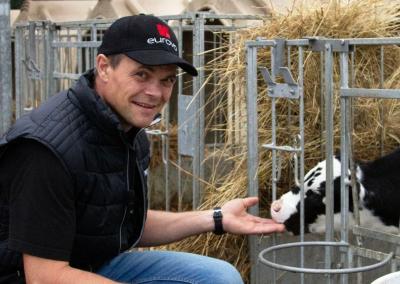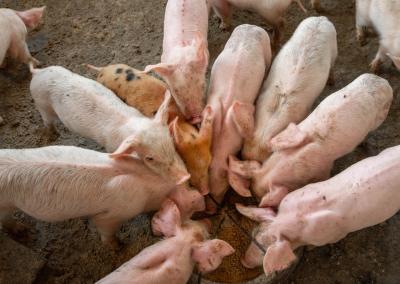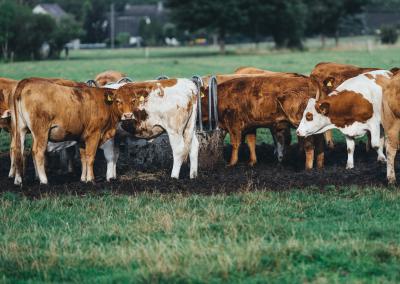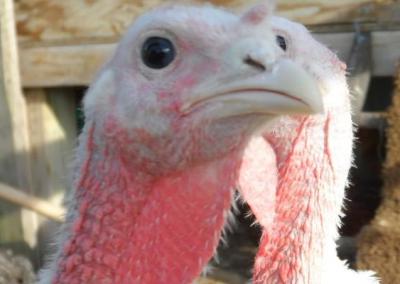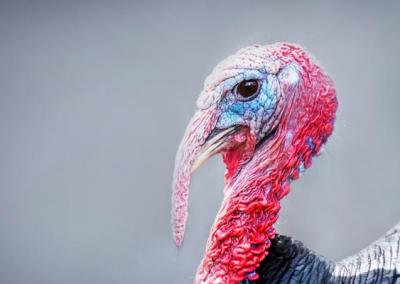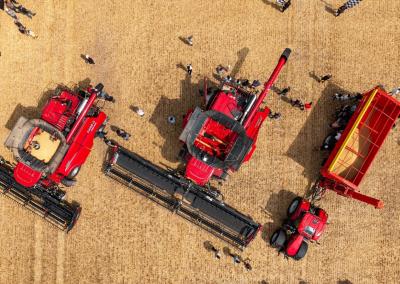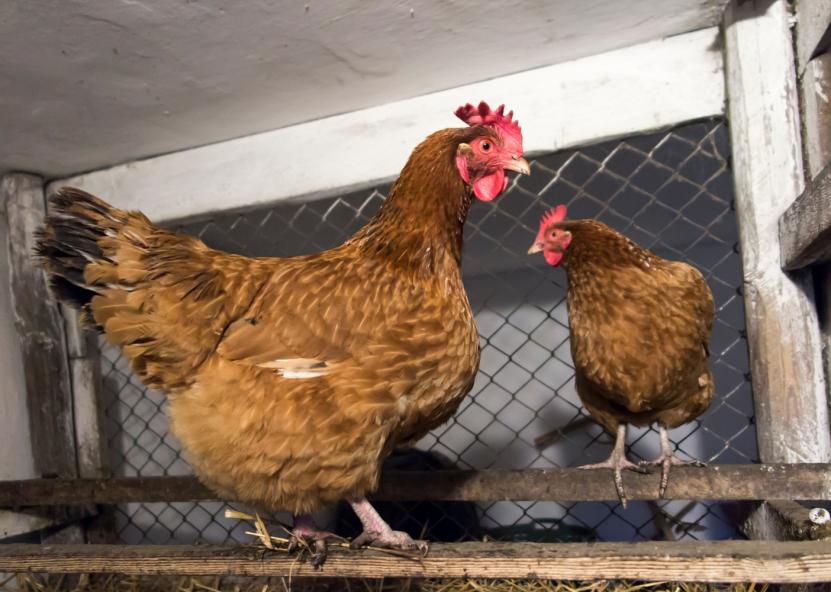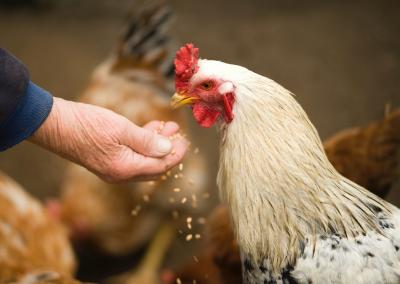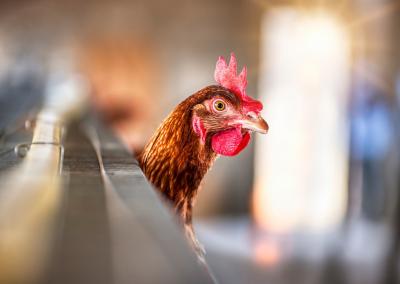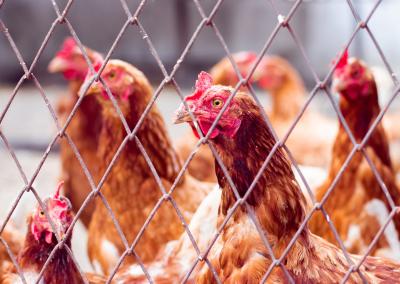Newcastle disease threat: 24th outbreak on a poultry farm in Poland
Polish authorities have notified the State Food and Veterinary Office (SFA) that an outbreak of the dangerous Newcastle disease has been detected on a poultry farm in the POL-Małopolskie region, the 24th in the country. The Podlaskie region of Poland has recorded the highest number of outbreaks this year. All farms where outbreaks have been detected have been eradicated & export restrictions have been imposed in the affected regions. In the event of cases of this dangerous disease occurring close to the territory of Lithuania, VMVT experts urge poultry keepers to take responsible preventive and biosecurity measures, and to immediately report suspicions to the VMVT or to a private veterinarian. The disease has also already occurred this year in Italy, where 6 outbreaks have been detected, and in Sweden, where 2 outbreaks have been detected.
„The situation in Poland is changing very rapidly. Yesterday we were informed of 13 new outbreaks of Newcastle disease and today we have another. The disease is aggressive and affects poultry and wild birds. It can spread through infected birds, their products or even migrating wild birds. Lithuania shares a border with Poland, with major migratory bird routes, so the risk of the disease entering our country remains real. The main problem is not only the potential economic losses due to trade restrictions, but also the risk to bird welfare and the country's biodiversity, as the disease causes mass mortalities. Before the disease enters the country, we must prepare and ensure biosecurity in poultry houses and thus prevent a potential crisis in the poultry sector. We urge poultry keepers to raise their vigilance to the highest level, warns Vaidotas Kiudulas, Chief Veterinarian of the Republic of Lithuania.
According to Vilija Grigaliūnienė, Chief Veterinarian of the Surveillance Department of the VMVT, vaccination, biosecurity measures and the knowledge of poultry keepers about the disease and its consequences are essential factors for the successful prevention and management of this disease. It is a very fast spreading contagious disease of birds caused by a paramyxovirus. It can affect a wide range of bird species, from poultry to wild birds. The main symptoms of the disease are respiratory problems, reduced egg laying, nervous system damage and sudden mortality.„In Lithuania, vaccination against this disease is voluntary, but not all farms have vaccination programmes. Poultry keepers need to be vigilant and assess the benefits of vaccination in order to avoid possible outbreaks. If the disease is detected on a Lithuanian poultry farm, all birds are immediately destroyed, the farm is disinfected and the country's poultry sector is subject to severe export restrictions. Such restrictions lead to severe economic losses not only for the affected farm but also for the entire poultry sector. Only prevention and biosecurity can protect against such consequences,“ – recalls V. Kiudulas.
VMVT specialists remind that the main preventive measure against this disease is vaccination of poultry. Vaccines are effective in reducing the prevalence of the disease, reducing mortality and alleviating symptoms. It is also important to strictly observe hygiene rules, avoid any contact with wild birds and regularly disinfect the farm. Particular attention must be paid to strengthening monitoring systems to identify suspected cases promptly. Modern diagnostic tools allow rapid detection of the virus, allowing timely action to be taken.


